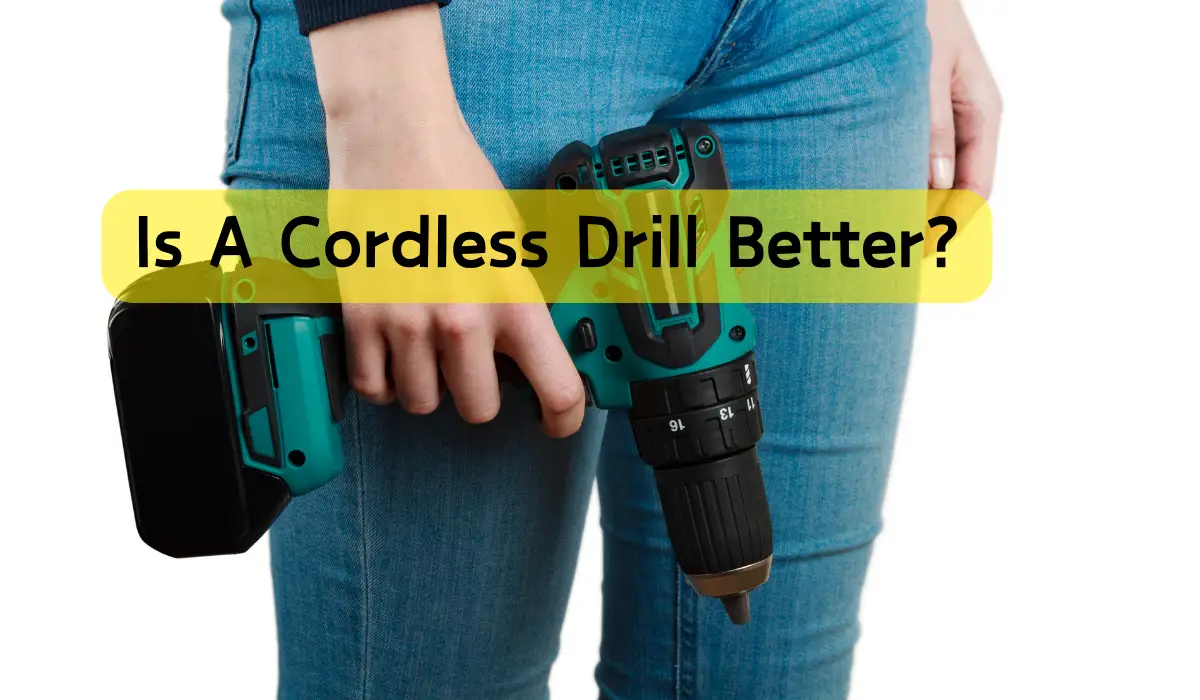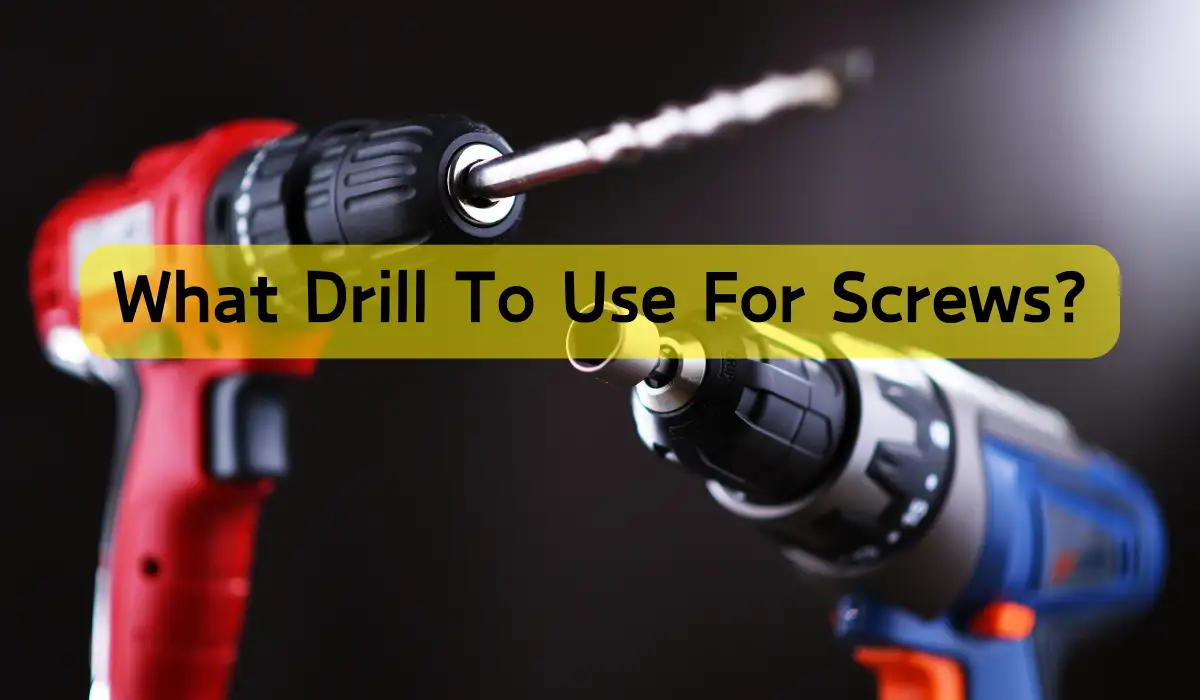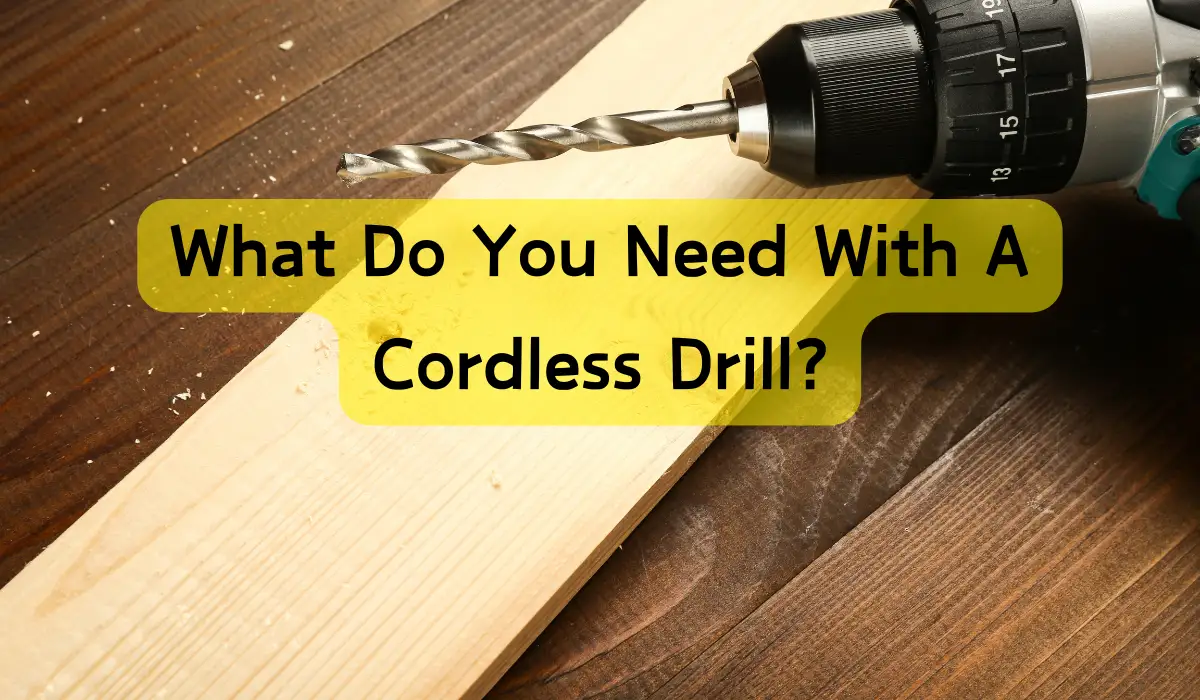You’re considering whether a cordless drill is the better choice. The answer lies in your specific needs. Cordless drills offer convenience, portability, and ease of use, making them ideal for tasks that require flexibility. They’ve caught up with corded drills in power and performance, thanks to advancements in battery technology. However, if you need a constant power supply for heavy-duty projects, a corded drill might be the better fit. Weigh your options carefully, and as you explore the benefits of cordless drills, you’ll uncover more insights that’ll help you make an informed decision.
Jump to
Key Takeaways
• Cordless drills offer improved control and maneuverability, making them ideal for working in tight spaces and minimizing fatigue.
• Advances in battery technology have narrowed the power gap between cordless and corded drills, providing reliable and efficient performance.
• Cordless drills prioritize convenience, portability, and ease of use, making them suitable for tasks that require flexibility and mobility.
• Corded drills provide a constant power supply, eliminating the risk of battery drain mid-project, but may be limited by cord length and weight.
• The choice between a corded and cordless drill depends on specific task requirements, with cordless drills exceling in convenience and portability, and corded drills in reliability and power.
Cordless Drills: Power and Performance
Cordless drills have come a long way in recent years, offering impressive power and performance that rivals their corded counterparts.
You can expect a cordless drill to deliver between 150-1800 in-lbs of torque, depending on the model and brand. This level of power allows you to tackle a range of tasks, from drilling through wood and metal to driving large screws and mixing materials.
When it comes to speed, cordless drills typically offer variable speed settings, allowing you to adjust the pace to suit your task.
You may also find features like brushless motors, which provide increased efficiency and longer motor life. Additionally, many cordless drills come with high-capacity batteries, providing extended runtime and minimizing downtime.
With a cordless drill, you’ll experience improved control and maneuverability, making it easier to work in tight spaces or tackle tasks that require precision.
Convenience and Ease of Use
With a cordless drill, you’ll appreciate the convenience of being untethered from a power cord, allowing you to move freely around your workspace without restriction. This freedom of movement makes it easier to tackle tasks that require you to move around, such as drilling screws into a large piece of furniture or assembling a deck.
In addition to the convenience of cordless operation, you’ll also appreciate the ease of use that comes with a cordless drill.
- Lighter weight: Cordless drills are typically lighter and more comfortable to hold, reducing fatigue and strain on your hand and wrist.
- Easier storage: Without a bulky cord, cordless drills take up less space in your toolbox or on your workbench.
- Faster setup: With no cord to unravel or untangle, you can get to work faster with a cordless drill.
- Greater versatility: Cordless drills can be used in tight spaces or at heights, where a corded drill might be impractical or impossible to use.
Corded Drills: Reliability and Limitations
Corded drills provide a reliable source of power, as they’re always connected to a constant energy supply, guaranteeing your project stays on track without interruptions from battery depletion.
This reliability is especially important for heavy-duty projects or tasks that require continuous drilling. You can work without worrying about your drill running out of juice in the middle of a task.
Additionally, corded drills tend to be more powerful than their cordless counterparts, making them better suited for demanding tasks.
However, this reliability comes at a cost – literally. Corded drills are often heavier and less portable due to the cord, which can be restrictive and cumbersome.
You’re also limited by the length of the cord, which can make it difficult to maneuver in tight spaces.
Moreover, you need to make certain you have a nearby power outlet, which can be a challenge in certain work environments.
As you weigh the pros and cons, consider the type of projects you typically work on and whether the reliability of a corded drill outweighs its limitations.
Battery Technology Advancements Matter
Advances in battery technology have substantially narrowed the power gap between cordless and corded drills, allowing you to enjoy the convenience of a cordless drill without sacrificing too much runtime.
With modern batteries, you can expect a significant increase in power and efficiency, making cordless drills a viable option for your projects.
Some key advancements in battery technology include:
- Increased Energy Density: Modern batteries pack more power per unit of weight and size, giving you more runtime and power.
- Faster Charging: You can recharge your batteries faster, reducing downtime and increasing productivity.
- Improved Cycle Life: Newer batteries can handle more charge cycles, making them a more reliable and cost-effective option.
- Better Thermal Management: Advanced battery designs help regulate temperature, reducing heat buildup and increasing overall performance.
These advancements have bridged the gap between cordless and corded drills, making cordless drills a more attractive option for many users.
You can now enjoy the flexibility and convenience of a cordless drill without sacrificing power or runtime.
The Verdict: Which Drill Is Better
Now that you’ve seen the significant improvements in cordless drill technology, it’s time to weigh your options and decide which type of drill best fits your needs.
You’ve learned about the advancements in battery technology, and how cordless drills have caught up with their corded counterparts in power and performance capacity.
When deciding between a corded and cordless drill, consider your specific needs and preferences.
If you prioritize convenience, portability, and ease of use, a cordless drill might be the better choice. You’ll appreciate the freedom to move around without being tethered to a power outlet, making it ideal for tasks that require mobility.
On the other hand, if you’re working on heavy-duty projects that require sustained power, a corded drill might be the better option.
You’ll have a constant power supply, eliminating the risk of battery drain mid-project.
Ultimately, the verdict is yours.
Frequently Asked Questions
Can I Use a Cordless Drill for Heavy-Duty Projects?
You can use a cordless drill for heavy-duty projects if it’s high-torque and has a reliable battery life, but be prepared for potential overheating and shorter runtime with intense use.
How Do I Maintain My Cordless Drill’s Battery Health?
You’ll extend your cordless drill’s battery life by avoiding extreme temperatures, keeping it away from moisture, and storing it with a 50% charge; also, avoid deep discharging and mix up your charging cycles.
Are Cordless Drills Suitable for Outdoor or Wet Conditions?
You can confidently use your cordless drill outdoors, but make sure it’s rated for wet conditions and follow the manufacturer’s guidelines to protect it from water and extreme temperatures.
Can I Share Batteries Between Different Cordless Drill Brands?
You can’t share batteries between different cordless drill brands, as they have unique designs and chemistry. You’ll need to stick with the same brand or purchase a universal adapter, which might not be compatible.
Do Cordless Drills Require More Maintenance Than Corded Drills?
You’ll find that cordless drills generally require less maintenance than corded drills since they have fewer moving parts and no cord to deal with, making them a more convenient option overall.




